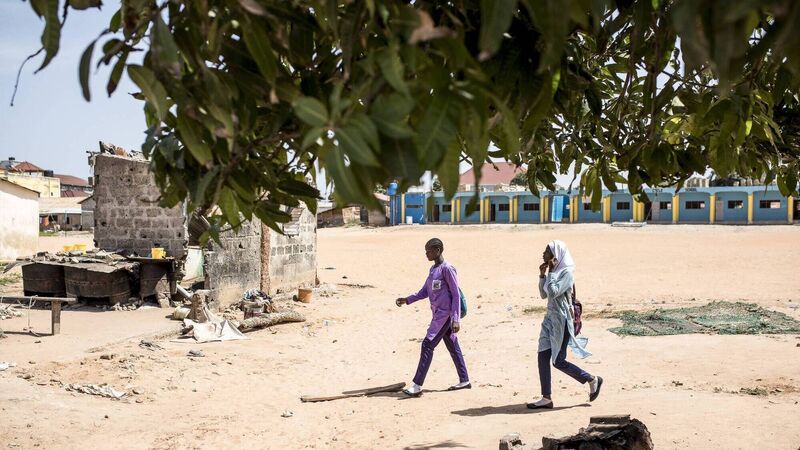Ireland can pave the way to school for children everywhere

A key supporter of the initiative is The Gambia, a country with which many retired Irish teachers have a strong connection, having built strong supportive partnerships since 2011 with Gambian teachers through the work of the Gambia Ireland Volunteers in Education group. Picture: Muhamadou Bittaye/AFP via Getty Images
Having spent many years teaching, I’ve seen how changes within the education system have created real opportunities for children. One of the most important developments in my lifetime is improved access to quality education here in Ireland, fuelled by making education increasingly free.
That direction continues today, with the Government scrapping schoolbook costs for senior cycle students and waiving Leaving Cert exam fees. These are visible steps that ease the pressure on families.













